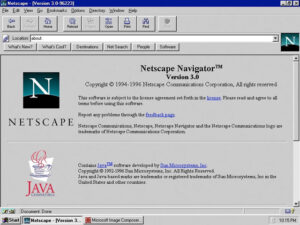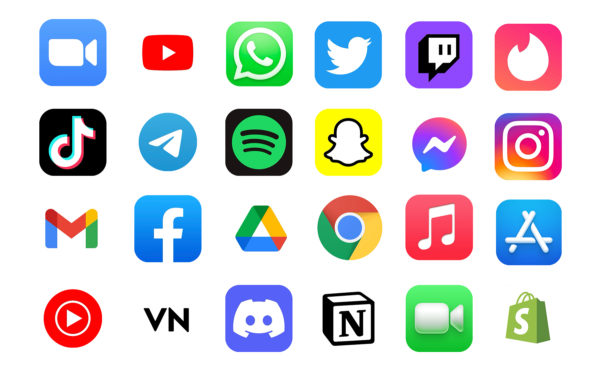Last week in our breakout rooms I shared with everyone in the group that I was pretty sure that I’m quite a few years older than most everyone in this class which means the internet was a new thing when I was growing up. We had six Mac computers in my elementary school library…… and they weren’t connected to the internet. One of our tasks in my computer class in junior high school (we had an entire classroom full of computers and had an entire class dedicated to learning how to type) was to create an email address – this was a brand new thing for us teenagers to have our very first Hotmail email address! I’d still be using mine today had it not been hacked and used to send spam emails from an IP address that pinged dangerously close to Buckingham Palace!
There was no discussion about cyber safety when I was in school. With the internet being such a new thing, there were far less threats out there than there are now. When you typed in a subject to search into good old Netscape Navigator, you got all of one page of hits and each of the links took you to a website that had information that actually pertained to your topic. Can you even imagine?! I’ve learned a lot along the way as the internet has changed into what it is today. Trying to explain to my own kids that not everything you see is actually what you’re looking for was something that was important to me. And with almost all research being done online rather than through the use of physical books at a library, it is so important to be aware of what you’re looking for and to know how to decipher truths from all the garbage that floats around in cyberspace.
Approaching digital citizenship and cyber safety in the classroom can be related to situations in real life. I think we all need to approach our online presence as we do our real lives. If you wouldn’t say the thing you’re about to post online to someone’s face, then you’d best reconsider posting it. Be respectful is always my main message!

Being mindful and setting screen time limits as an adult can be hard some days, but as we discussed in class, adults need to set the examples for children and model behaviours that we expect to see from our children and our students. I think it’s important to emphasize to our youngsters that it is important to be respectful of someone when they ask you to shut down an app or put away a device, whether it be at home or at school. I also think it’s important for kids to know that it’s actually okay to not have all of the same apps as their peers and they shouldn’t feel pressure to use certain apps just because the majority of others are partaking. I will use my own son as an example – he just turned 18, but about a year ago he decided that he was wasting (his word, not mine) too much time on Snapchat and deleted the app. Did he take some heat from his friends? Yep. Did he rejoin the world of Snapchat? Nope.
Jorgenson’s article The IRL Fetish hits on many points that I have thought about not necessarily in my own life, but definitely in my own children’s lives. A lot of younger people lack the “real connection” that comes from face-to-face conversation and some even struggle to hold a conversation or maintain focus. My first smartphone was the iPhone 4. Because I don’t care about having the latest technology, I’m sure I waited to upgrade my old flip phone until I could grab an iPhone for $0! My kids were never allowed to have my phone. When we went to the grandparents’ houses for supper, they were (and still are) expected to engage in conversation with the “old people”. When we would go out for supper on occasion, the kids were expected to engage in conversation or do some colouring, but screen time was never allowed at the table. I’ve had adults, mainly my kids’ teachers, comment on how nice it is to have a conversation with my children because many kids lack conversational skills these days. I do attribute that to my refusal to allow phones at the table and the necessity to engage in conversation. Being present and in the moment is much different than feeling the need to take a photo to document everything to be posted online to prove that it actually happened.
Ribble’s Nine Elements of Digital Citizenship were bound to need to change or evolve over time. The internet has changed so much over time that any recommendations or suggestions would surely need to be updated or changed. His nine core ideas are very much valid, and will continue to be, but he will likely have to tweak his wording again in the next decade.
My relationship with the internet, cyber security and digital citizenship is very different than my children’s and my students. Being forced to adapt to the changes that have happened over the last thirty years has been beneficial as a learn as you go and a learn as you grow process. These days I just want to wish parents “good luck” as they navigate this new era of digital madness!



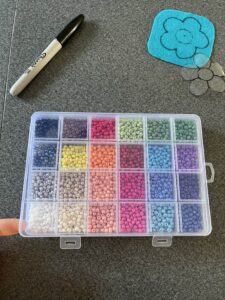


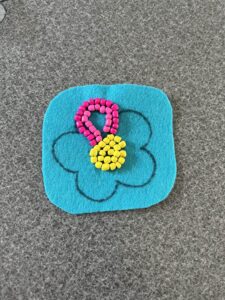


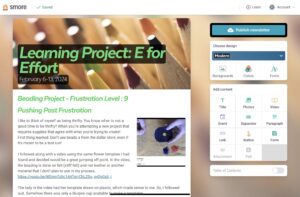





 cat/guinea pig/dog reels on Facebook when they come up! Although I do think helpful and relevant info is being shared some of the time, my algorithms are definitely not picking up and delivering anything useful!!
cat/guinea pig/dog reels on Facebook when they come up! Although I do think helpful and relevant info is being shared some of the time, my algorithms are definitely not picking up and delivering anything useful!!